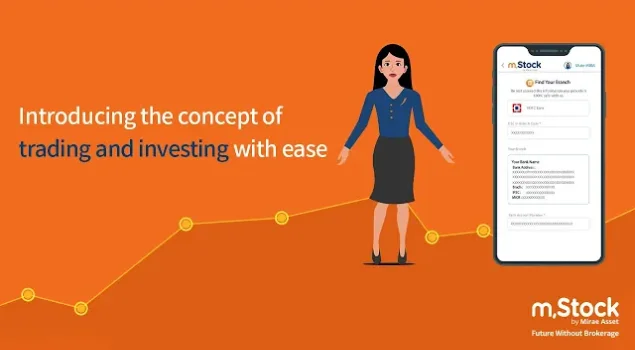In the ever-evolving landscape of financial markets, savvy investors are increasingly turning to zero brokerage Demat accounts as a strategic tool to enhance their investment portfolios. These accounts, which come with no traditional brokerage charges, offer a range of advantages when one wants to trade in mutual funds and stocks that can significantly impact the overall investment experience. Let’s delve into the key benefits of opting for a zero brokerage Demat account.

1. Cost-Efficiency: Reducing the Investment Overhead
The foremost advantage that draws investors to zero brokerage Demat accounts is the elimination of conventional brokerage fees. In traditional setups, investors are charged a percentage of their transaction value as brokerage, which can accumulate to a substantial amount over time. With zero brokerage accounts, investors can execute trades without incurring these costs, resulting in significant savings.
2. Enhanced Trading Frequency: Seizing Opportunities in Real Time
Zero brokerage Demat accounts empower investors to trade more frequently without the fear of escalating transaction costs. This enhanced trading frequency is particularly beneficial in dynamic markets, allowing investors to capitalize on real-time opportunities and swiftly adjust their portfolios in response to market fluctuations. The absence of per-trade charges facilitates a proactive investment approach.
3. Small Investment Friendly: Fostering Inclusivity
Zero brokerage Demat accounts cater to small investors by removing the financial barrier posed by traditional brokerage fees. This inclusivity opens doors for individuals with limited capital to enter the investment arena without being burdened by hefty transaction costs. As a result, a broader demographic can participate in the financial markets and benefit from wealth-building opportunities.
4. Transparent Pricing: Clarity in Financial Transactions
The structure of zero brokerage Demat accounts on stock market trading fosters transparency in financial transactions. Investors can easily calculate their potential returns without factoring in brokerage charges, leading to a clearer understanding of the actual profit or loss on a trade. This transparency enhances trust and confidence in the investment process.
5. Aligning Interests: A Win-Win Scenario
Zero brokerage Demat accounts align the interests of the investor and the service provider. Since the provider does not generate revenue through traditional brokerage fees, their success is inherently tied to the success of their clients. This creates a symbiotic relationship where both parties benefit from positive investment outcomes, fostering a sense of partnership.
6. Diverse Investment Options: Expanding Horizons
Investors with zero brokerage Demat accounts enjoy the flexibility of exploring a diverse range of investment options. Without the constraint of high transaction costs, they can diversify people’s portfolios across various asset classes, including stocks, mutual funds, and exchange-traded funds. This diversification is a key strategy for risk management and optimizing returns.
Conclusion:
In conclusion, the positive effects of utilizing zero brokerage Demat accounts for stock trading are evident in the cost efficiency, wealth management, transparent pricing, flexibility in trading, encouragement of diversification, user-friendly platforms, and real-time updates they offer. As the finance landscape continues to evolve, these accounts stand out as a practical and advantageous choice for investors seeking a streamlined and cost-effective approach to managing their stock portfolios.
Embracing the benefits of zero brokerage Demat accounts not only enhances the financial well-being of individual investors but also contributes to the overall democratization of the stock market, fostering a more inclusive and accessible investment environment for all. Invest wisely and empower your financial journey with the revolutionary advantages of zero brokerage Demat accounts.